
Aktuelno
Članak
From Cosic and Tudjman to Dodik and Covic - Neighborly acts of kindness
The aggressive politics towards Bosnia and Herzegovina run by the chairman of the BiH Presidency Milorad Dodik and the president of HDZ BiH Dragan Covic...

By: Armin Aljović and Muharem Cero
The aggressive politics towards Bosnia and Herzegovina run by the chairman of the BiH Presidency Milorad Dodik and the president of HDZ BiH Dragan Covic, was originally designed by Serbian academic Dobrica Cosic and the first president of Republic of Croatia Franjo Tudjman in 1992, during a meeting in Geneva.
Academic Cosic, in his book published in 2012, revealed details of the Geneva negotiations on Bosnia and Herzegovina, in which he had participated together with Tudjman, while the war was raging in Bosnia and Herzegovina.
On page 37 of the book, Cosic writes: 'In Geneva, an important political agreement was achieved between Tudjman and me, during our tête-à-tête meetings. Tudjman and I strongly believed that peace in BiH could be only achieved by forming a confederation of three national communities. Tudjman thought that Bosnia and Herzegovina has never existed in the history as a state, nor it could. I fully agreed with Tudjman's opinion. We agreed to exert influence in that respect on our compatriots in Bosnia: me on Serbs, Tudjman on Croats. If Karadzic and Boban agreed, Alija would find himself in a difficult position. Tudjman's and my concept of confederation Bosnia and Herzegovina was strongly opposed by the European Community and the United States. However, if we and Croats are united in our politics towards Bosnia, there is a chance for a shift in Bosnian crisis.'
Almost 27 years later, the politics of Cosic and Tudjman lives again: the government of Croatia advocates confederalization of Bosnia and Herzegovina; Zagreb and Belgrade recognize BiH as a sovereign country only rhetorically, while unconcealed influence of Croatian and Serbian government on Serbs and Croats in BiH remains strong.
Although the citizens of Bosnia and Herzegovina are already divided into three ethnic territories ruled by national leaders, the division of BiH as envisioned by Belgrade and Zagreb did not fully succeed by means of wars in the nineties. The Dayton Peace Agreement signed in 1995 has confirmed BiH as the internationally recognized state with all of its previous borders, while its two entities are merely administrative units without a right to secession.
Having said that, Croatia and Serbia have been ever since then trying to impose a reorganization of BiH system by diplomatic means, which would be the last phase of the division of Bosnia and Herzegovina that had started with war horrors of the nineties, when thousands of Bosniaks, Croats, Serbs and other peoples were killed and displaced.
Should Bosnia and Herzegovina in the future restructure in a confederation of three republics as agreed by Cosic and Tudjman in Geneva, it would imply the right of each of those republics to succession from Bosnia and Herzegovina, which was indeed the aim of the war against Bosnia and Herzegovina started in the nineties by Serbia, and subsequently by Croatia.
Karadzic, the first president of the Republika Srpska, one of the two Bosnian entities, whom Cosic mentioned as an operative working on division of Bosnia, has been convicted by The Hague tribunal for war crimes in BiH as well as the crime of genocide over Bosniaks from Srebrenica. At the same time, the founder of the Croat community Herceg-Bosnia Mate Boban, also mentioned many a time in The Hague indictments, died in 1997. The role and politics of Karadzic and Boban have been taken over by the SNSD leader and the current chairman of BiH presidency, Milorad Dodik, and the president of HDZ BiH Dragan Covic.
As the presidents of the leading political parties of Bosnian Serbs and Bosnian Croats, they have strong partnership. Both Dodik and Covic in their public appearances use Cosic's and Tudjman's rhetoric... that BiH is not a state, nor it has ever been so, underlining that the only way for it to survive is by forming a confederation of three republics.
'Nobody's happy with BiH, including the foreigners (the international community), and Croats would be happy if another republic was formed whereas BiH would be some sort of confederation of three republics', Dodik said in an interview for Serbian 'Politika', the thesis he would repeat many times later.
In his book 'Bosnian war' Cosic wrote that his and Tudjman's concept of confederation BiH was strongly opposed by the European Community and the United States, however, the changed international circumstances today work for the politics of Cosic and Tudjman to a large degree.
After all, Croatia is often criticized by the opposition in that country that it uses most of its energy and diplomatic resources to win the western support for the idea of dividing BiH; one example are Croatian delegates at the European Parliament who spent their whole 4-year mandate seeking support from the Parliament for federalization of BiH.
Bosniak politics is articulated through the biggest Bosniak political party SDA, which keeps failing to find an adequate response to such pressures... what's more, its action only boosts the process of dissolution of BiH.
#English
Najnovije
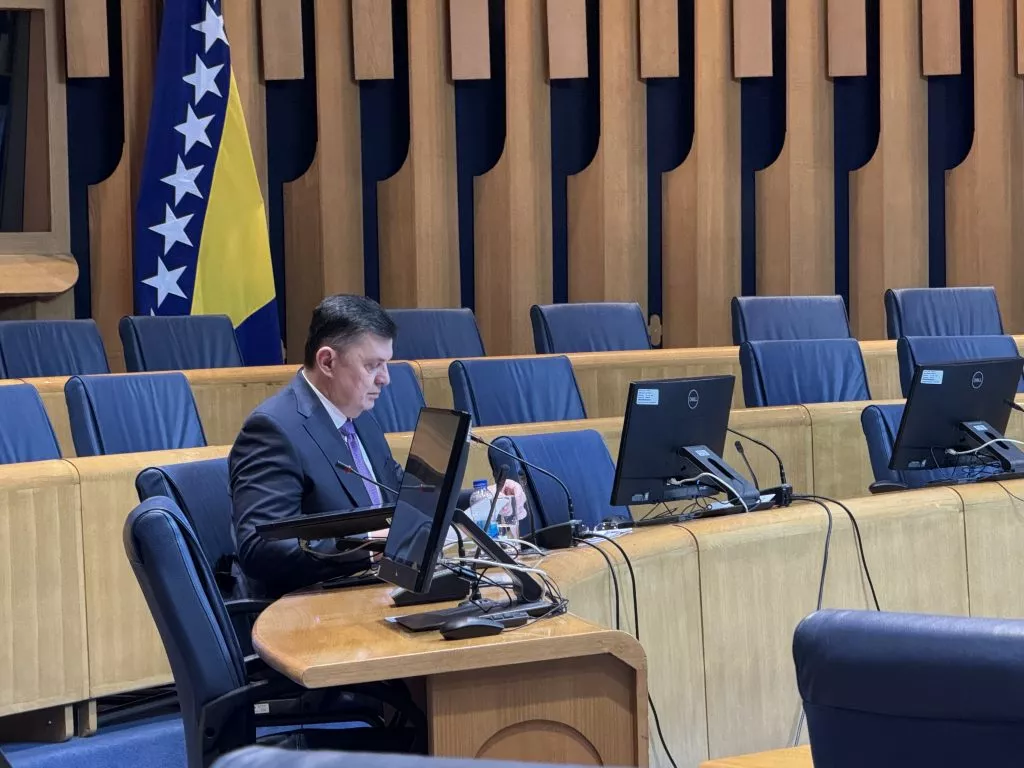
Komisija za borbu protiv korupcije o stanju u UIO: Slijedi li saslušanje direktora Zorana Tegeltije?

Trump: Počelo je zlatno doba Amerike
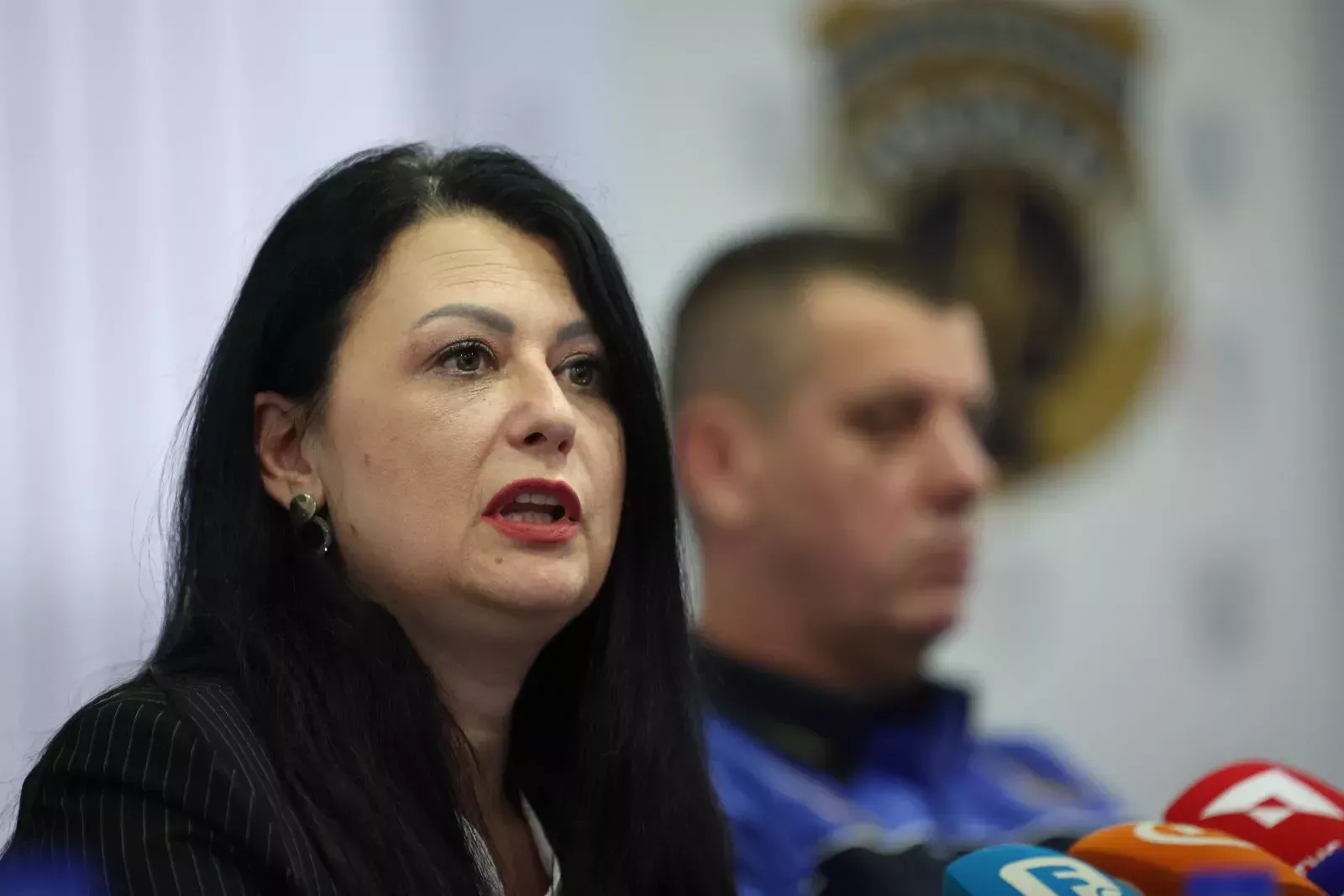
Dugalija i Hajdarević danas o istrazi u slučaju tragične tramvajske nesreće

Vijeće ministara BiH danas o Nacrtu zakona o dopunama Zakona o komunikacijama
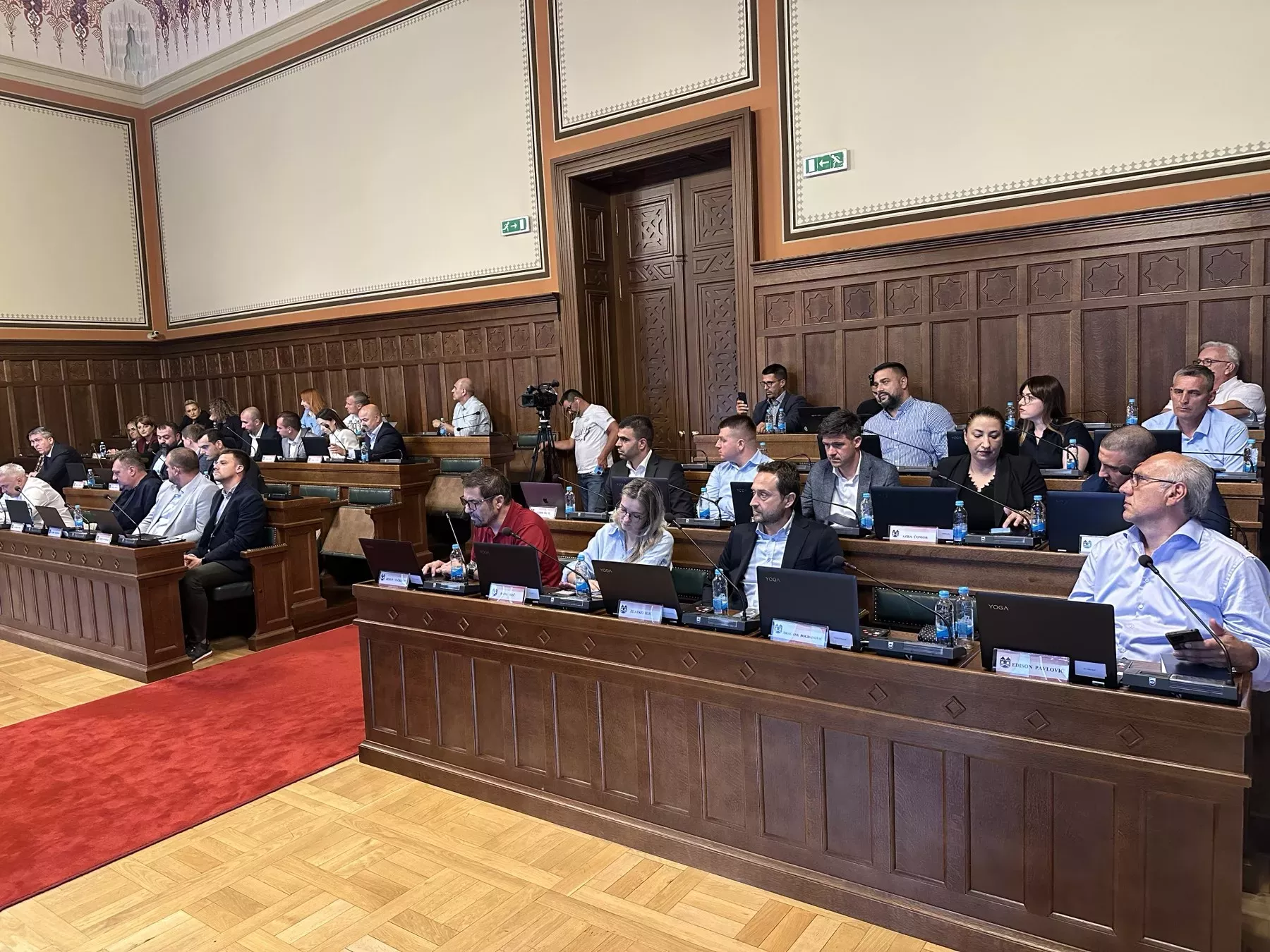
Gradsko vijeće Sarajeva danas o odlukama o dodjeli priznanja
Najčitanije
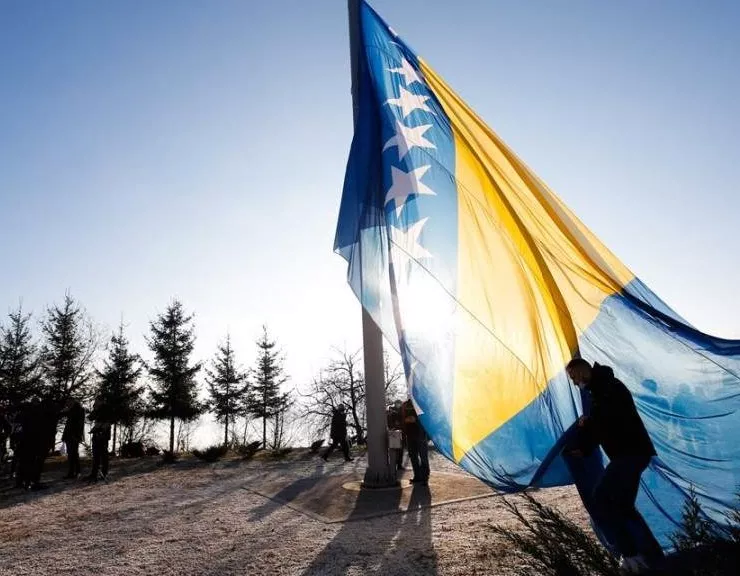
Dan nezavisnosti BiH obilježava se 1. marta i ne prenosi se, Hota-Muminović proglasila i 2. mart neradnim danom?
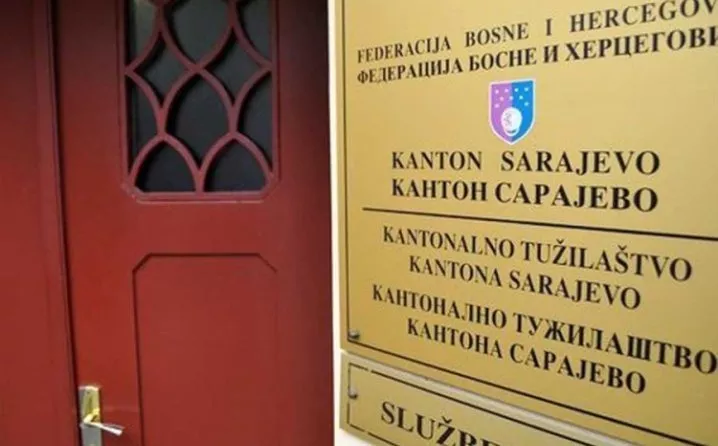
ŠTETA I UK NE ZNAJU Tužilaštvo KS neće provoditi istragu o dugu KJKP Gras zbog neplaćanja poreza i doprinosa

Komisiji za borbu protiv korupcije stigle prijave: Ko unaprijed gradi carinske terminale za UIO i kome se pogoduje
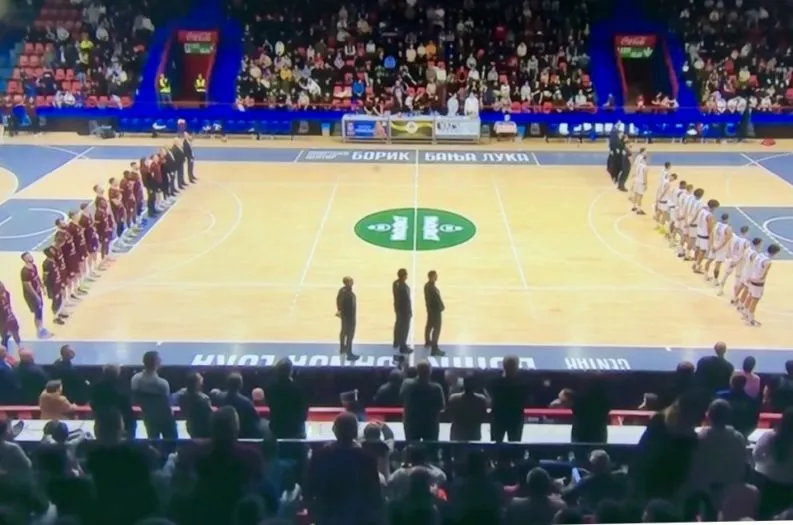
UTAKMICA BORCA I BOSNE U Banja Luci izviždana i prekinuto intoniranje himne BiH

Vlada KS: Rekonstruisana tramvajska pruga ima sve upotrebne dozvole
